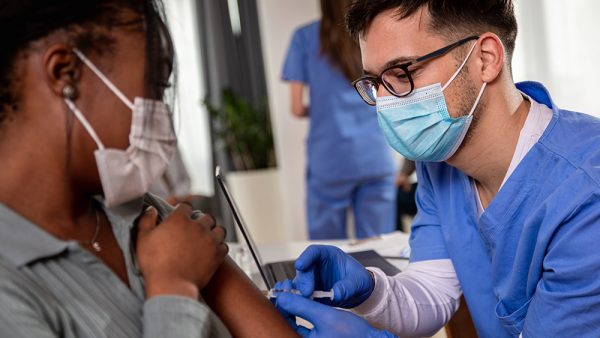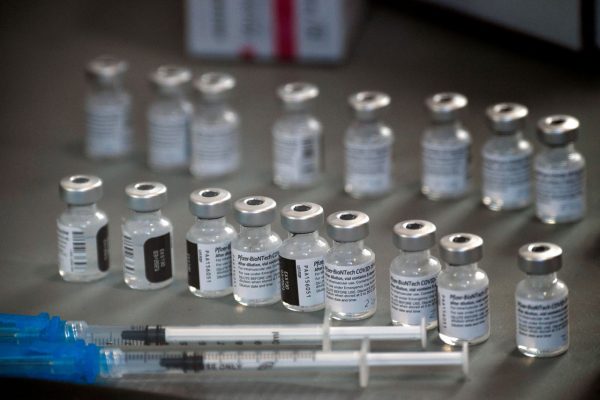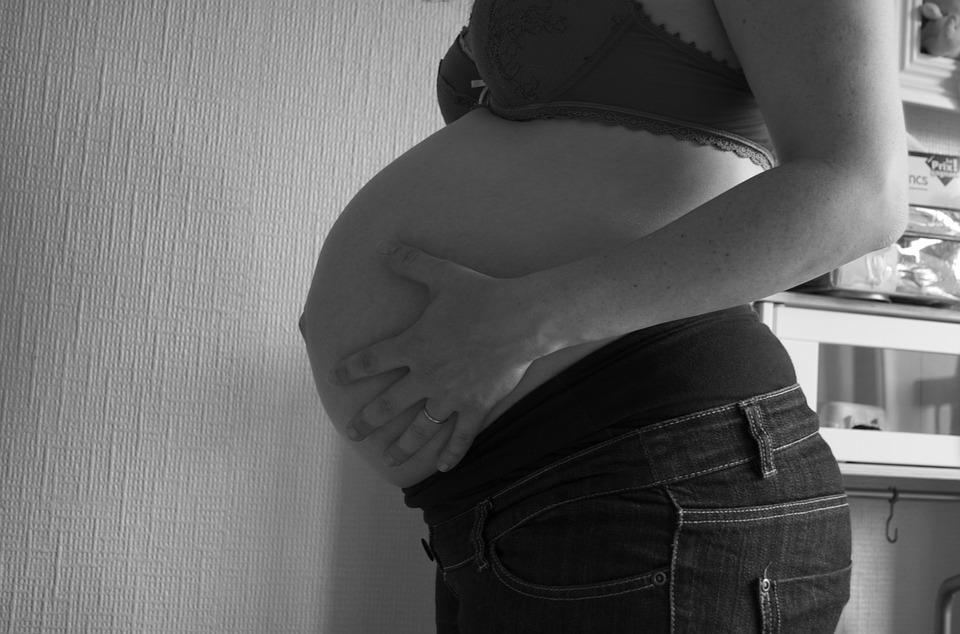 Parler
Parler Gab
Gab
EHA investigated by Congress over role in COVID-19 pandemic
The Sept. 21 grant followed earlier funding issued to EHA, alongside an investigation by Congress over the organization's role in the COVID-19 pandemic. In August 2022, the NIH terminated a sub-grant awarded to the WIV which was part of an earlier grant to EHA. The institute informed the House Oversight Committee that the organization led by Daszak had refused to turn over laboratory notebooks and other records as mandated. "NIH has requested, on two occasions, that EHA provide … the laboratory notebooks and original electronic files from the research conducted at WIV," the institute stated in a letter to the committee. "To date, WIV has not provided these records." The NIH later informed EHA and WIV of the sub-grant's termination on Aug. 19 for "material non-compliance with the terms and conditions of the award." It wrote: "Since WIV is unable to fulfill its duties, … the WIV [sub-grant] is terminated for failure to meet award terms and conditions requiring provision of records to NIH upon request." Richard Ebright, a molecular biologist with Rutgers University's Waksman Institute, commented on EHA's multiple ongoing grants. The group led by Daszak already had two prior grants that are still ongoing, and the third one involved the WIV which is under negotiation. "It is disturbing that additional funding continues to be awarded for the same high-risk research that may have caused the current pandemic, before there has been a national investigation of the origin of the current pandemic," he said. Ebright, a staunch critic of Daszak, also zeroed in on the latter's noncompliance with NIH requests for information. The molecular biologist cited requests sent by the institute on Nov. 5, 2021 and Jan. 6 for the notebooks and electronic files. Given this, he also found it "disturbing that additional funding continues to be awarded to a contractor that the NIH has reported to have repeatedly and seriously violated contractual terms and conditions of a grant." Corruption.news has more stories about corrupt practices in the federal government. Watch EHA President Peter Daszak recount how his research team collected virus samples in China and manipulated them. This video is from the SoulSearcher channel on Brighteon.com.More related stories:
The NIH is funding a new animal experiment center in Texas to develop vaccines for EBOLA… when will the next "lab leak" go down? Pentagon exposed for funneling $39 million to Peter Daszak, EcoHealth Alliance to produce novel coronavirus bioweapons. NIH gave EcoHealth Alliance authority to self-police risky gain-of-function experiments in Wuhan. Ukrainian biolabs linked to EcoHealth Alliance, which helped create and unleash COVID-19. EcoHealth Alliance president thanked Fauci for downplaying lab leak hypothesis. Sources include: TheIntercept.com RePORTER.NIH.gov Brighteon.comBy S.D. Wells // Share
Study: US has worst maternal mortality rate among developed nations
By Belle Carter // Share
Scientists float possibility that there is a large “ocean” near Earth’s core
By Kevin Hughes // Share
Governments continue to obscure COVID-19 vaccine data amid rising concerns over excess deaths
By patricklewis // Share
Tech giant Microsoft backs EXTINCTION with its support of carbon capture programs
By ramontomeydw // Share
Germany to resume arms exports to Israel despite repeated ceasefire violations
By isabelle // Share










